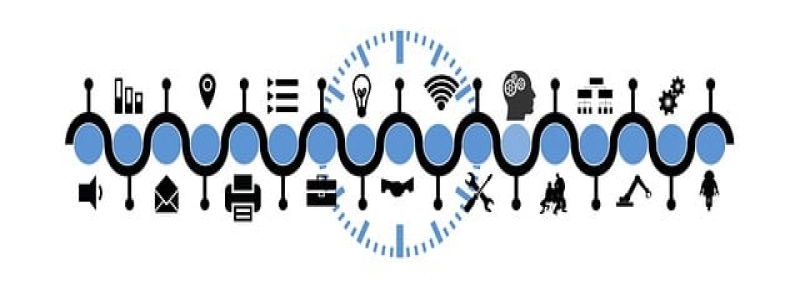Phone Cable vs Ethernet Cable
Introduction:
In today’s digital age, the use of cables for communication and data transmission is pivotal. Two commonly used cables are phone cables and Ethernet cables. Although they may seem similar, there are distinct differences between these two cables. This article aims to explore and compare the features, uses, and advantages of phone cables and Ethernet cables.
I. Phone Cables:
A. Features:
1. Length: Phone cables are typically shorter in length, ranging from a few feet to around 50 feet.
2. Connectors: Phone cables use RJ-11 connectors, which have four or six pins.
3. Wiring: Phone cables consist of two twisted pairs of wires, allowing for voice communication.
B. Uses:
1. Telephone: Phone cables are primarily used for connecting landline telephones to wall jacks.
2. Fax machines: Fax machines also require phone cables for communication.
C. Advantages:
1. Simplicity: Phone cables are easy to install and use.
2. Cost-effective: They are relatively inexpensive compared to Ethernet cables.
3. Widely available: Phone cables are readily available in most hardware stores.
II. Ethernet Cables:
A. Features:
1. Length: Ethernet cables come in various lengths, ranging from a few feet to hundreds of feet.
2. Connectors: Ethernet cables use RJ-45 connectors, which have eight pins.
3. Wiring: Ethernet cables consist of four twisted pairs of wires, allowing for high-speed data transmission.
B. Uses:
1. Internet connection: Ethernet cables are essential for establishing a wired internet connection.
2. Local Area Network (LAN): They are used for connecting devices within a LAN, such as computers, printers, and gaming consoles.
C. Advantages:
1. Speed: Ethernet cables offer faster data transfer rates, making them ideal for high-bandwidth activities like online gaming or streaming.
2. Stability: Wired connections using Ethernet cables provide a more stable and reliable connection compared to wireless options.
3. Future-proof: Ethernet cables support higher data transmission standards, ensuring they remain compatible with new technologies.
Conclusion:
While phone cables and Ethernet cables serve different purposes, both are essential in the realm of communication and data transmission. Phone cables are suitable for voice communication and basic connectivity, whereas Ethernet cables excel in providing higher speeds and stability for internet connectivity and LAN setups. Understanding the features and uses of these cables will help individuals make informed choices when it comes to establishing their communication or network infrastructure.








